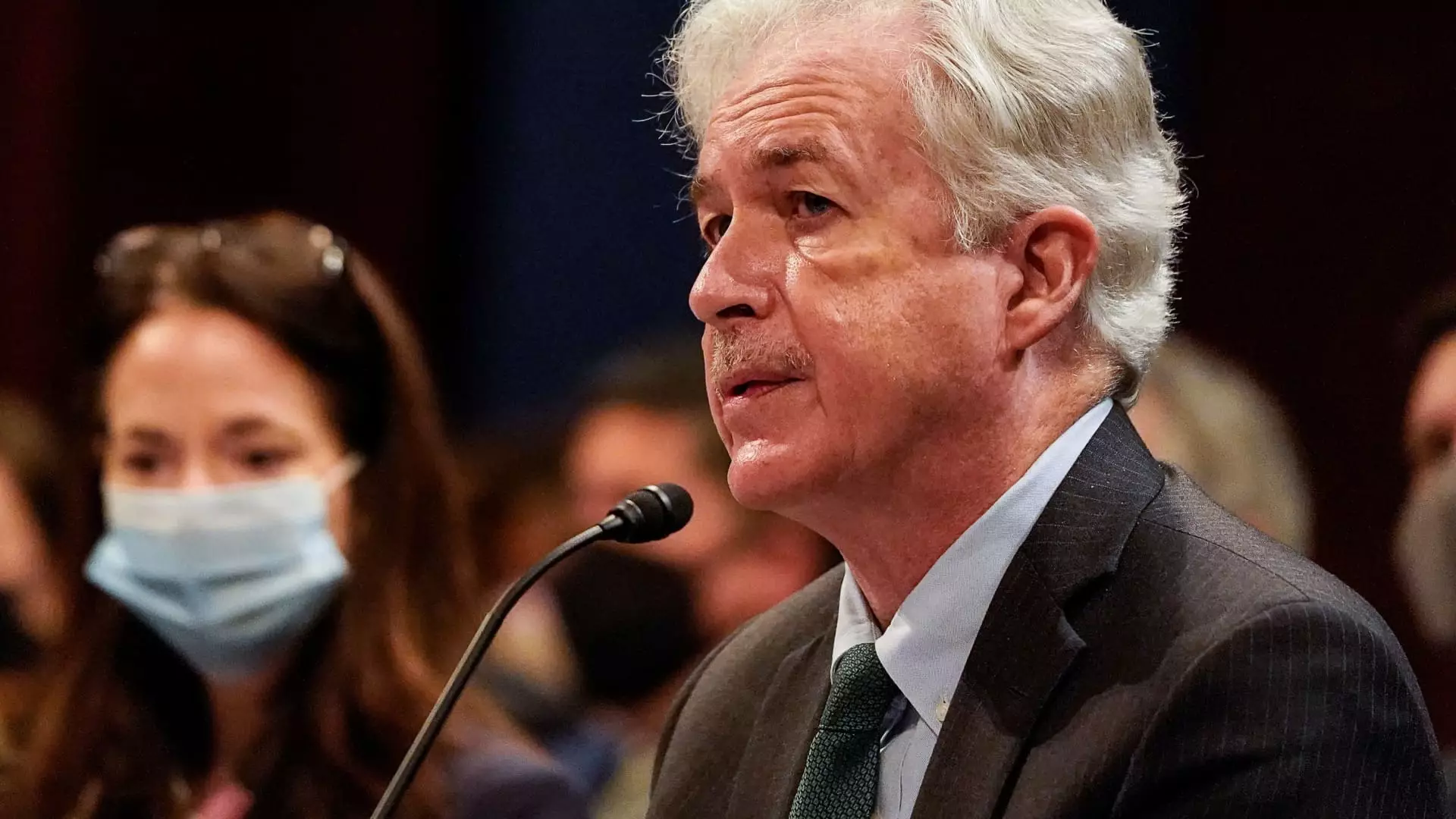CIA Director William Burns expressed serious concerns about the potential use of nuclear weapons by Russia against Ukraine in the fall of 2022. During a discussion with the U.K.’s secret intelligence chief Richard Moore, Burns highlighted the risks of escalation and the need to address the issue with caution. He emphasized that while the threat of nuclear escalation should not be underestimated, it should not be a cause for unnecessary intimidation.
Burns described Russian President Vladimir Putin as a bully who often engages in saber-rattling tactics to assert dominance. Despite Putin’s aggressive posture, Burns maintained that the West should not back down in the face of threats. He recalled a meeting with his Russian counterpart at the end of 2022, where he reiterated the consequences of nuclear escalation as directed by President Joe Biden.
The tensions between Russia and Ukraine escalated following Ukraine’s offensive into Russia’s Kursk region in early August. Putin vowed to respond to the offensive with a “worthy response,” signaling the possibility of using nuclear weapons in the conflict. Burns noted that the Kursk offensive boosted morale for Ukrainian troops and exposed vulnerabilities in Russia’s military capabilities.
Russia’s official nuclear doctrine is defensive in nature and is based on the principle of deterrence. It permits the use of nuclear weapons in response to an attack with nuclear or other weapons of mass destruction, as well as a conventional attack that threatens the Russian state’s existence. However, Deputy Foreign Minister Sergei Ryabkov mentioned plans to amend the nuclear code in response to Ukraine’s incursion into Kursk, signaling potential changes in Russia’s nuclear doctrine.
The ongoing tensions between Russia and Ukraine pose a significant risk of nuclear escalation. It is crucial for world leaders to engage in diplomatic efforts to address the conflict and prevent the use of nuclear weapons. The international community must work together to de-escalate tensions and promote peace and stability in the region.

Leave a Reply